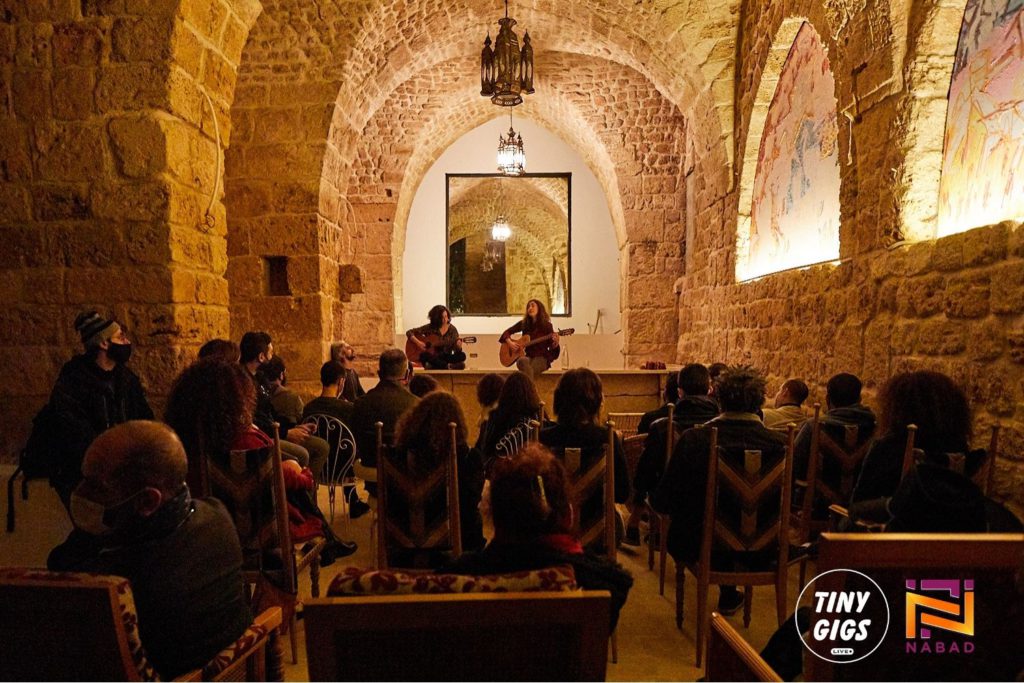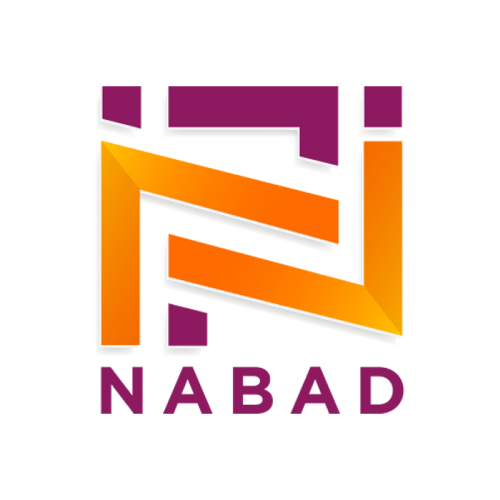Healing trauma through creative expression – an article about Arleb and Nabad on presbytarianmission.org

LOUISVILLE — Beirut’s 2020 port explosions shattered Nada Raphael’s world. The devastating blast last year on August 4 that tore through the port area of Beirut — one of the largest non-nuclear explosions in history — left hundreds dead, thousands injured, an estimated 300,000 people homeless and artists like Raphael psychically wounded.“Beirut is my city,” said the Lebanese-born photographer, videographer, and journalist in an interview with ARLEB, a not-for-profit digital platform dedicated to artists and creative enterprises in Lebanon. “Its pain [is] my pain. I felt the aftermath of the explosion in every bone of my body, and I wanted to show this. I want to make sure we will remember. We have a duty to remember what happened and to never forget.”
And now, through a unique program called NABAD, Raphael and a host of artists across Lebanon have a new platform through which the memory of the port explosions may be preserved, the resulting trauma processed and some measure of healing achieved.
NABAD — an innovative program launched by Dar al-Kalima University College of Arts and Culture in response to the August 4, 2020 tragedy in Beirut — aims to empower artists, arts organizations, and creative enterprises in Southwestern Asia and North Africa to implement their artistic and cultural ideas and market their artwork. The program strives to become a beacon of support for artists and creative enterprises in the region, with a focus on marginalized arts and culture communities, especially youth, women, minorities, and vulnerable groups. Dar al-Kalima itself was established in 2006 in Bethlehem, Palestine, focusing its educational objectives on the performing arts, visual arts, and cultural heritage.
Because Lebanon’s economy was already in a state of crisis before the port explosions — a situation which only worsened with the arrival of COVID-19 — funding for everything, not just the arts, suffered. During the pandemic, Dar al-Kalima essentially lost about 70% of its support.
“There are artists who fled the country and others whose studios were destroyed or damaged by the blast and who still don’t have the means to rebuild,” said the Rev. Dr. Mitri Raheb, president of Dar al-Kalima. “Most artists — especially the emerging, marginalized, and independents who come from what is left of the middle class — are not able to produce or sell [their art] due to Lebanon’s acute economic crisis. With the NABAD program, we were able to offer a few channels and spaces of creativity that are either blended, that is, physical-virtual, or strictly virtual, such as virtual concerts and exhibitions, all free of charge for artists. With needed support, artists are able to adapt, and they also find creative ways to keep people connected.”
To continue important missions like NABAD, Dar al-Kalima has just been awarded a grant from the Peace & Global Witness Offering, which promotes the peace of Christ by addressing systems of conflict and injustice across the world. The Offering is unique in that half of it goes to the national church to foster peace globally, 25% percent is retained by congregations for local peace and reconciliation work, and 25% goes to mid councils for similar ministries on the regional level.
“The support of the Peace & Global Witness Offering is very crucial especially at times like these,” said Raheb. “When everything is falling apart and people in the region feel abandoned, this support is a sign that we are not forsaken or forgotten. On the other hand, it helps us to reach out to the most needy and to bring hope at times of despair.”
Partnering with NABAD through Dar al-Kalima also has great significance for the Presbyterian Church (U.S.A.).
“Given the pain and suffering of living under occupation, promoting artistic knowledge and artistic expression is of utter importance,” said Luciano Kovacs, area coordinator of the Middle East and Europe for Presbyterian World Mission. “While the military occupation is destructive of lives, art serves to liberate the human spirit, allowing especially young people attending such programs to flourish and be creative. Like the Church, the arts have always brought about new life. Programs such as NABAD give the opportunity to young people living in the West Bank to learn professional skills so that their talent can become a craft and a job.”
The Rev. Carl Horton, coordinator of the Presbyterian Peacemaking Program has visited Dar al-Kalima and finds it to be a remarkable place.
“Dar al-Kalima seeks to both preserve and use Palestinian arts and culture in powerful ways to transform conflict, empower individuals and heal communities,” he said. “I am thrilled that our offering supports these creative and cultural expressions of what real peace and global witness can look like.”
Among the numerous projects that NABAD supports is Meadows Art Therapy, through which more than 100 frontline nurses and medical staff have been able to explore their emotions and begin to cope with the stress generated by the Beirut port blast and the ongoing socio-economic and political crises. NABAD also offers its Beirut Art Relief and Empowerment project, which aims at supporting local small creative enterprises and nongovernmental art groups by addressing short-term and/or long-term needs, such as Beirut Jam Sessions; and its not-for-profit ARLEB platform, a digital art gallery launched in February 2021.
“Some of the emerging artists have also indicated the fact that producing art for the ARLEB virtual exhibition has been motivating to find new meanings in their lives, and to at least make their struggles bearable,” Raheb said.
Addressing such anxiety in the world is part of the Presbyterian Peacemaking Program’s charge, according to Simon Doong, who serves as the program’s project manager.
“Supporting programs like NABAD meets an important goal,” Doong said. “NABAD’s work empowering marginalized artists and increasing the access of art and culture for all in Southwestern Asia and North Africa creates opportunities to foster creativity and dialogue that is sorely needed in our world.”
The artist concurs.
“Today, with the impact of social media, art and culture also teach and educate, and help us not to forget that we are all connected and all similar, in spite of all our differences,” said Raphael, who also lived in Canada for 17 years. “It helps connect humans in different countries and continents. It helps us grow as individuals; it opens our minds to different realities and allows us to accept and understand them. It becomes the basis on which we can meet and exchange and discuss and learn from one another. It helps us try and challenge our own misconceptions and biases. Art and culture have made us feel less alone, less isolated. It made us realize that we have a community of like-minded people.”
READ THE FULL ARTICLE HERE, by Emily Enders Odom, Mission Engagement & Support | Special to Presbyterian News Service – September 14, 2021.

